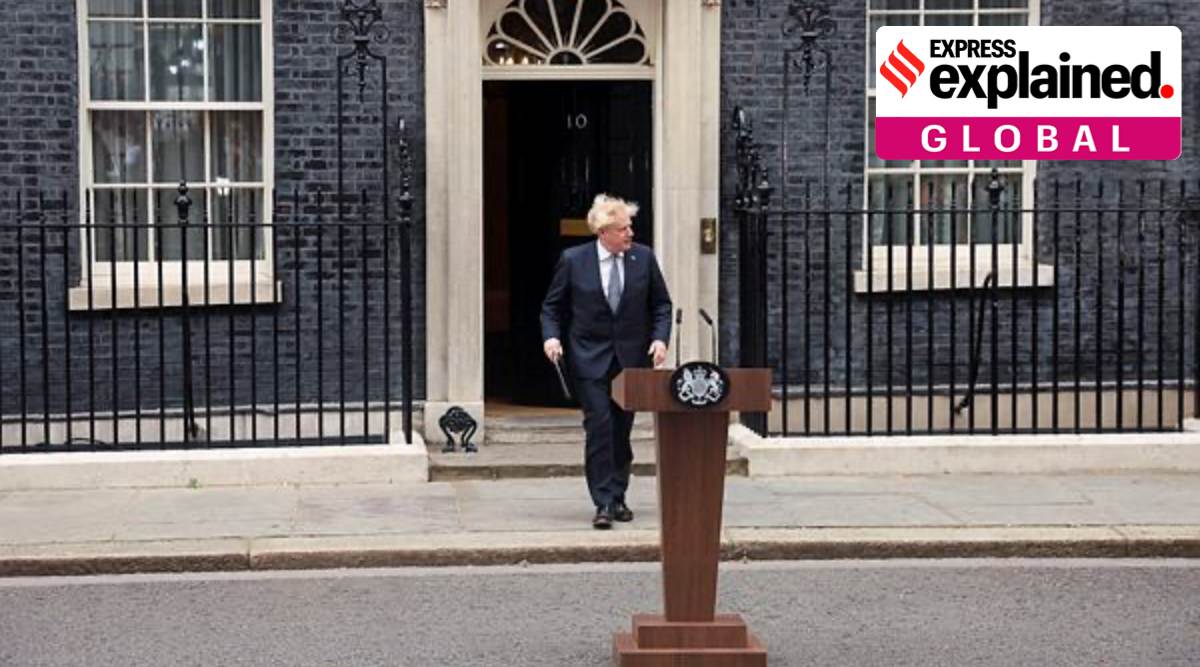Contents
In today’s digital era, social media has transformed the way businesses and individuals communicate. With the power to reach billions of users worldwide, social media platforms offer a unique opportunity for brands to establish a strong online presence and engage with their audience.
However, this interconnectedness also poses a significant risk. A single misstep or negative event can quickly escalate into a reputational crisis that damages a company’s image, leading to severe consequences for its bottom line.
To counter such potential reputational damage, businesses often turn to strategic communications firms. These firms specialize in crafting communication strategies that help mitigate negative publicity and safeguard a company’s reputation.
Monitoring and Early Detection
A strategic communications agency understands the importance of staying vigilant on social media platforms. They employ sophisticated monitoring tools to track mentions, trends, and sentiment surrounding their client’s brand. By keeping a close eye on conversations related to the brand, they can detect potential issues in their infancy, allowing them to respond proactively.
Social media listening tools enable firms to collect and analyze data from various platforms, providing valuable insights into the perception of their client’s brand. By monitoring discussions, hashtags, and keywords, they can identify emerging issues and sentiment shifts that may pose a risk to the brand’s reputation.
With early detection, these firms can develop a well-informed response strategy to address concerns before they escalate into a full-blown crisis.
Real-time Crisis Management
In the fast-paced digital world, a crisis can unfold within minutes. Social media serves as the primary battleground for these crises. Strategic communications firms are well-versed in swift crisis management tactics. When a reputational threat emerges on social media, they respond promptly and effectively.
Their crisis management team is equipped to handle a range of scenarios, from product recalls to customer complaints to allegations. A key aspect of their approach involves triaging the situation to assess its severity and potential impact on the brand’s reputation.
Based on this assessment, they develop a response plan that includes clear messaging, key talking points, and designated spokespersons. The goal is to address the issue head-on, take responsibility when necessary, and outline steps the company is taking to rectify the situation.
Developing a Crisis Communication Plan
Strategic communications firms collaborate with their clients to develop a comprehensive crisis communication plan. This plan outlines the steps to be taken during a crisis, assigning roles and responsibilities to the communications team. It includes guidelines for communicating with the public, media, and stakeholders. Social media plays a central role in this plan, as it provides an immediate and direct channel to disseminate information and updates during a crisis.
The crisis communication plan also includes a clear escalation process, ensuring that decision-makers are informed promptly and can provide input on the brand’s response strategy. Regular simulations and mock crisis exercises may be conducted to test the effectiveness of the plan and the team’s preparedness.
Engaging Authentically and Transparently
Social media has given rise to the need for authentic and transparent communication. Audiences demand sincerity and honesty from brands. Strategic communications firms understand this and help their clients engage with their audience in a humanized manner.
During a crisis, they focus on transparently addressing concerns, admitting mistakes (if any), and outlining steps to rectify the situation. Authenticity in communication is crucial to building and maintaining trust with the audience. Attempting to cover up or downplay a crisis on social media can further damage a brand’s reputation.
In addition to addressing the crisis head-on, a strategic communications company also leverages social media to share positive stories about their client’s brand. By highlighting charitable initiatives, employee accomplishments, and community involvement, they create a well-rounded image of the brand that extends beyond the crisis.
Leveraging Influencers and Brand Advocates
Influencers and brand advocates wield significant influence on social media. Their positive endorsement can help counteract negative sentiments during a reputational crisis. Strategic communications firms identify and collaborate with relevant influencers and brand advocates to amplify positive messaging about the brand.
These individuals can vouch for the brand’s credibility, authenticity, and commitment to resolving issues, thus mitigating reputational damage. Influencers and brand advocates can also help humanize the brand by sharing personal experiences and testimonials, reinforcing the positive attributes of the brand.
Crafting Compelling Content
Strategic communications firms are skilled in creating compelling content that resonates with the target audience. During a reputational crisis, they develop content that focuses on the brand’s values, positive track record, and efforts to address the issue at hand.
This content is strategically distributed across social media platforms to counterbalance negative narratives and build a more balanced perception of the brand. Engaging content can include infographics, videos, blog posts, and other formats that are easily shareable and can reach a wide audience.
Furthermore, strategic communications firms may collaborate with digital marketing teams to optimize the visibility of positive content through search engine optimization (SEO) strategies, ensuring that positive messaging ranks high in search results related to the brand.
Utilizing Paid Social Media Advertising
Social media advertising allows brands to reach a wider audience with targeted messaging. During a reputational crisis, strategic communications firms may advise their clients to invest in paid social media advertising to boost positive content and dilute the impact of negative conversations.
Paid advertising campaigns can help extend the reach of positive messaging beyond the brand’s existing followers, allowing it to reach potential customers who might not be aware of the crisis or the brand’s response to it. However, it is essential that these paid campaigns are carefully crafted to avoid any perception of exploiting the crisis for marketing purposes.
Responding to Negative Feedback
Strategic communications firms understand that negative feedback on social media cannot be ignored. Ignoring negative comments can escalate the situation further and harm the brand’s reputation. Instead, they respond to negative feedback promptly, showing empathy and a willingness to address the issue.
Publicly responding to criticism on social media demonstrates the brand’s commitment to its customers and their concerns. It also provides an opportunity to clarify misunderstandings, provide additional information, or direct customers to appropriate channels for further assistance.
Monitoring Progress and Analyzing Results
Effective crisis management on social media requires constant monitoring and evaluation. Strategic communications firms analyze the performance of their crisis communication strategies on social media, measuring factors such as engagement, sentiment, and brand perception.
These insights enable them to adjust their approach as needed and identify opportunities for further improvement. By analyzing the data, they can gain valuable feedback on the effectiveness of their response strategy and the resonance of their messaging with the target audience.
Conclusion
Social media has become an integral part of strategic communications firms’ arsenals in mitigating reputational damage. By leveraging the power of social media, these firms can monitor and detect potential threats early on, respond in real-time during crises, and engage with audiences authentically and transparently.
Through influencer partnerships, compelling content, and paid advertising, they help brands protect and rebuild their reputations. In an age where a single negative tweet can cause significant harm, strategic communications firms play a vital role in safeguarding the brand’s image and ensuring its long-term success.
With their proactive approach to monitoring, real-time crisis management, and commitment to transparency, strategic communications firms are well-equipped to navigate the challenges presented by social media and protect their clients’ most valuable asset: their reputation.




